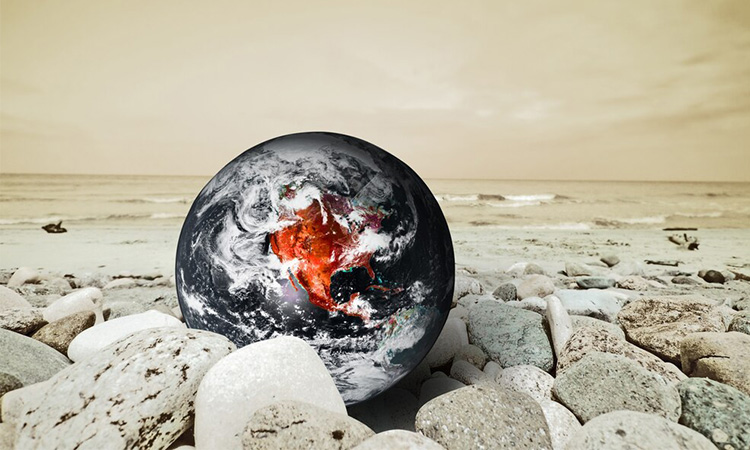In an era where climate change poses one of the greatest challenges to our planet, understanding and addressing this issue has never been more crucial. Climate education and outreach play a pivotal role in bridging the gap between scientific knowledge and public awareness. This article delves into why educating the public about climate change is essential and how outreach efforts can make a significant difference.
Understanding Climate Change
Climate change refers to significant changes in global temperatures and weather patterns over time. While climate has always changed due to natural causes, the past century has seen a dramatic increase in temperatures due to human activities, notably the burning of fossil fuels which releases greenhouse gases like carbon dioxide into the atmosphere, trapping heat.
The Role of Climate Education
Raising Awareness: Education is a powerful tool in raising awareness about the causes, impacts, and solutions to climate change. Understanding the science behind climate change helps individuals recognize the seriousness of the issue and the need for urgent action.
- Informing Decision Making: Educated individuals are better equipped to make informed decisions, both in their personal lives and as members of their communities. This can range from adopting sustainable practices to supporting policies that mitigate climate change impacts.
- Inspiring Action: Knowledge often leads to action. When people understand the effects of climate change, they are more likely to take steps to reduce their carbon footprint, advocate for environmental policies, and contribute to sustainable community initiatives.
Outreach Efforts
Outreach programs are essential for disseminating climate knowledge to a broader audience. These can include:
- School Programs: Integrating climate education into school curricula ensures that the next generation is better prepared to deal with climate challenges.
- Community Workshops: Local workshops and seminars can engage community members, providing practical information on how to contribute to climate solutions.
- Media Campaigns: Utilizing various media platforms to spread climate awareness can reach a wide audience, including those who may not have access to formal education.
- Collaboration with Scientists: Partnerships between educators and scientists can ensure that the most recent and accurate information is disseminated to the public.
The fight against climate change is a collective effort that requires the participation of everyone. By investing in climate education and outreach, we can empower individuals and communities with the knowledge and tools they need to make a difference. Education is not just about understanding the problem; it’s about inspiring solutions and fostering a generation of environmentally conscious citizens who are equipped to face and address the challenges of a changing climate.
Next On Your Reading List:
- Public Awareness On Climate Change: A Key To Global Action
- Paris Agreement And Advocacy: Steering Towards A Sustainable Future
- Pedaling Towards Health And Sustainability


